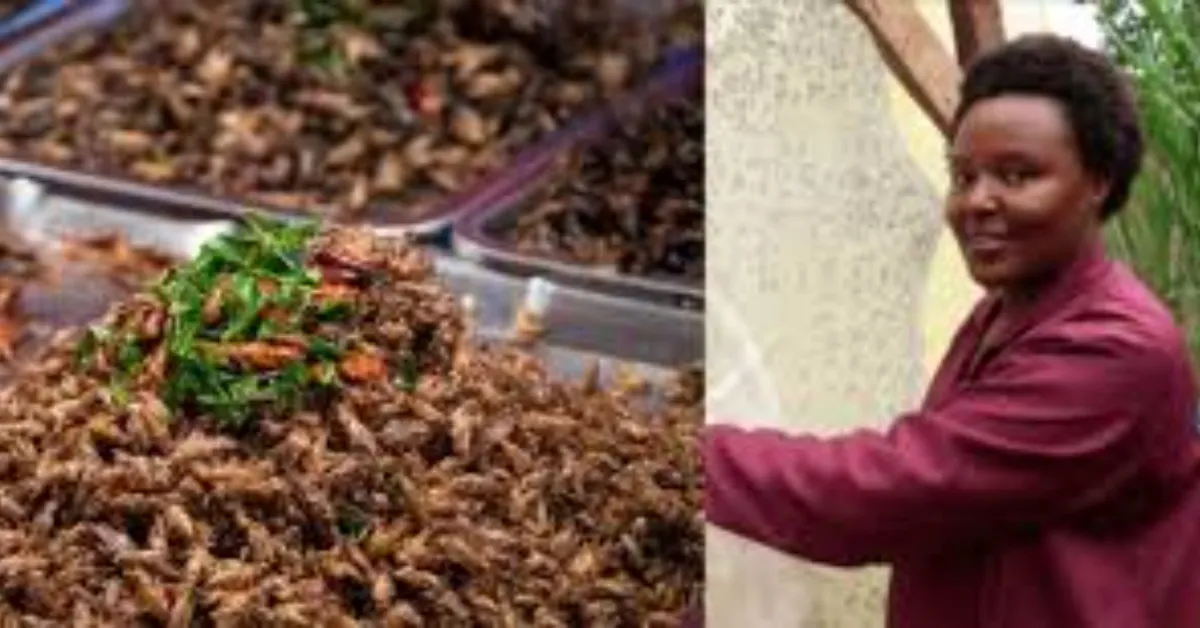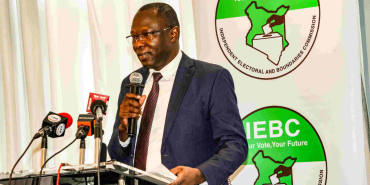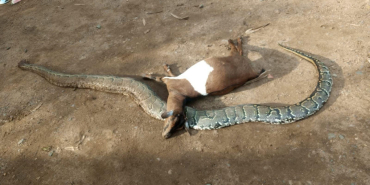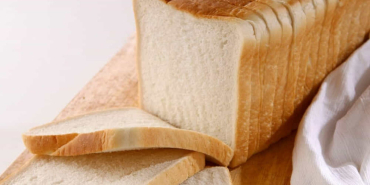How Jannifer Muthike Earns Sh250,000 Monthly Farming Black Soldier Flies

Jannifer Muthike’s journey reflects a combination of chance and determined ambition.
Initially a reluctant student of entomology and parasitology, she has become a leading innovator in Kenya’s agriculture sector through her insect farming business, Dudumasters. Her enterprise addresses two major challenges: waste management and protein shortages.
Originally, Muthike dreamed of joining the Air Force. However, while studying at Moi University, she encountered the term “black soldier fly” (BSF), which sparked her interest and changed her career path. With guidance from an experienced agripreneur and additional training at the International Centre of Insect Physiology and Ecology, she turned an experiment at her grandmother’s home into a successful business.
Dudumasters, based in Kutus town, operates on a small site but has a wide impact. The farm cultivates several insect species, including BSF larvae and red worms, which thrive in different environments. By using animal manure and vegetable waste from local farms and markets, Dudumasters transforms organic waste into high-protein animal feed and nutrient-rich vermicompost. This circular approach reduces the amount of waste sent to landfills and provides a sustainable alternative to traditional farming methods.
The business is economically viable. With an initial investment of Sh700,000, Dudumasters earns about Sh250,000 each month by producing around five tonnes of vermicompost weekly. The compost sells for Sh50 per kilogram and has been shown to increase crop yields by up to 44 percent. Unlike synthetic fertilizers, which offer only short-term benefits and can harm soil quality over time, vermicompost improves long-term soil health by enhancing microbial activity.
Dudumasters also sells starter kits, enabling small-scale farmers to start their own insect farms and produce both insect protein and compost. Despite these successes, Muthike acknowledges challenges facing insect farming. Public skepticism about insect-based products remains a major obstacle. Additionally, organic fertilizer producers do not receive government subsidies like chemical fertilizer manufacturers do.
As a member of the Organic Fertiliser Manufacturers Association of Kenya, Muthike advocates for more support and recognition, emphasizing that “sustainability sounds great on paper, but its implementation demands technical expertise and policy support.”
Muthike’s vision extends beyond her own business. She sees BSF farming as a solution to Kenya’s growing organic waste problem, which burdens the environment and waste management systems. Dudumasters demonstrates how waste can be converted into valuable resources while creating jobs and supporting environmental health. She plans to establish 100 satellite farms across the country, run by local youth, to expand the benefits of her model.
Currently, Dudumasters employs two permanent staff and several contract workers, Reflecting on her journey, she says, “Looking back, I’m glad I didn’t join the Air Force. This is greener, more grounded, and a lot more profitable.”














Add new comment